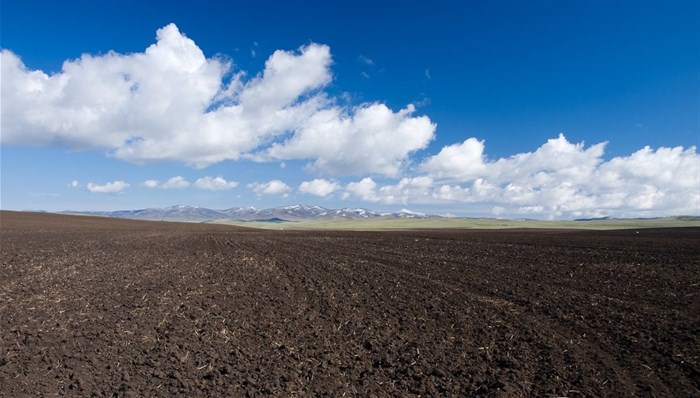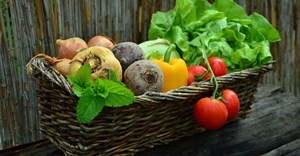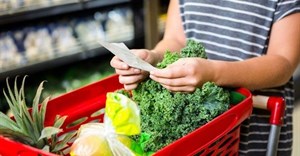Afrisoils programme launches in Africa to tackle soil productivity and degradation

Launched on the margins of the Global Soil Partnership Plenary Assembly's (PA) where all GSP partners come together to make important decisions about the global soil agenda, from land users through to policymakers, one of the key objectives of the GSP is to improve the governance and promote sustainable management of soils.
Africa is the second driest continent, with nearly half of its surface made up of desert, and 40% of it affected by desertification. About 65% of the continent's farmland is affected by erosion-induced losses of topsoil and soil nutrients. If soils are severely damaged or lost, they are very difficult and costly to restore and rehabilitate.
On top of this, less than half of Africa's land is suitable for agriculture, and of this, only 16% is of high quality. Faced with these challenges, despite progress in improving agriculture, Africa as a whole remains largely food insecure, directly affecting 70% of its population who rely on the little available land to grow food and make a living.
Out of the 815 million undernourished people globally, 243 million are from Africa.
Soil matters
"Healthy soil is the foundation of our food system - supporting healthy crops that nourish people. Only with sustainable soil management can we achieve agricultural growth, ensure food security and adapt to a changing climate, said Rene Castro, FAO's assistant director-general, climate, biodiversity, land and water department, during the launch of Afrisoils, on the margins of The Global Soil Partnership Plenary Assembly (PA).
Many African countries lack policies regulating soil as well as the capacity, knowledge and experience to plan and implement sustainable soil management programmes.
"Afrisoils looks at a mix of soil interventions and the adoption of best sustainable soil management practices, which are focused on increasing the soil organic matter content in African soils to improve soil's fertility and reduce soil degradation. We need $50m to carry out this programme at large scale and for the first ten years. We need everyone's support for this ambitious initiative,” added Castro.
For healthier soils
"To render soils highly fertile and in the long term, we need to implement sustainable soil management practices that are of integral nature. We can't rely only on mineral fertilisers - a common practice around the world - as soil fertility or soil health depends on how we boost the soil system. We need to use smart, long-term solutions that increase soil productivity while safeguarding ecosystem services, and preventing pollution and degradation," said Ronald Vargas, FAO land and water officer.
The Afrisoils programme’s interventions focus on:
• Increasing soil's organic carbon and organic matter, which are essential to soil's fertility, by leaving crop residues and composts; using crop rotation and diversification to capture the soil's nitrogen; using natural fertilisers.
• Implementing soil conservation and erosion control measures (such as hedgerows, contour lines, terracing);
• Rehabilitating degraded soils (including remediation of polluted soils);
• Curbing deforestation;
• Using climate-smart agroforestry practices;
• Using irrigation for improved crop production;
• Establishing and/or equipping soil testing laboratories;
• Building farmers' capacity to use and adopt sustainable soil management practices;
• Support national extension services through the Soil Doctors Programme;
• Supporting the creation of legislation and policy guidelines for sustainable soil management;
• Enhancing technical capacities on sustainable soil management.















